Choosing Trekking Poles: Aluminum or Carbon Fiber

If you have used trekking poles before, or have shopped around for them, you’ve likely seen they are made of two main materials: aluminum and carbon fiber. This can lead to other questions such as: What's the difference between the two? Which is better for my specific needs? What are the trade-offs and benefits of each? Under what circumstance should I use them? In this piece we’ll explore these questions and more so you can find the trekking poles that are perfect for you and your adventures.
Why Use Trekking Poles?
There are numerous benefits that trekking poles can bring to hikers while on the trail. Much like their cousin the ski pole, trekking poles allow hikers to propel themselves forward and upward using their arms. They aid in controlling downward motion, and help you pick up speed on flat ground or up steep hills. Trekking poles drastically reduce the amount of tension on your legs, knees, ankles and feet when going downhill.

Aluminum Poles
The Pros
The major benefit of aluminum trekking poles is that they are more durable than carbon fiber poles. Along with generally having a longer lifespan, aluminum poles are not as temperature sensitive, and perform equally well in the blazing heat and the frigid cold. Small bends in the aluminum poles can typically be straightened out, leaving the poles unimpaired. Aluminum poles are typically less expensive than carbon fiber poles. So, if you are shopping for a highly durable, more affordable pole aluminum trekking poles might be the right option for you!
The Cons
The Cascade Mountain Tech Aluminum Quick Lock pole set weighs 20.8 ounces, which is moderately heavier than the standard carbon fiber trekking pole. So if you are in need of a lighter option you may want to shift your focus to the carbon fiber trekking poles.
When to Use Aluminum Trekking Poles
If you are carrying a heavy load aluminum trekking poles are a great option as the aluminum shafts can handle more force compared to carbon fiber poles If you are a hiker who tends to be hard on your poles– this includes hikers who lean heavily on their poles or enjoy rock-hopping on their journeys – then aluminum is likely right for you. If you are adventuring in frigid temperatures, aluminum will also be the better option because they are not as temperature sensitive. Lastly, if you are a hiker who does not place a premium on weight savings or pace of travel, aluminum trekking poles are a great option. Plus, they're usually less expensive.

Carbon Fiber Poles
The Pros
The major reason to choose carbon fiber over aluminum is for their light weight. When you are going on hikes that are several miles long every ounce lighter makes a difference. The Cascade Mountain Tech carbon fiber poles range in weight from 11.2 ounces to 16 ounces per set. compared to the aluminum which are 20.8 ounces. This makes it the better choice for hikers who focus on speed, ultralight packing or just prefer to have less weight while they hike. The lack of flexing from the carbon fiber allows for immediate support when the pole hits a surface. Cascade Mountain Tech now offer three different options for carbon fiber trekking poles. This includes our original, the 3K Carbon fiber pole and our newest ultralight carbon fiber trekking pole.
The Cons
As mentioned above, carbon fiber trekking poles are going to cost more than the aluminum alternatives. By design, carbon fiber poles also tend to be more delicate than aluminum poles. If you are interested in a lightweight more durable carbon fiber pole be sure to check out the 3K Carbon Fiber Trekking Pole. You can learn more about this option from our previous blog post, “Introducing The 3K Carbon Fiber Trekking Pole”.
When to use Carbon Fiber Poles
These poles, as you have probably taken away from this piece, are for hikers that want to go farther, faster and carry less weight. You should use carbon fiber trekking poles if you are speed demon on the trail or place a premium on weight savings.

Which type of trekking pole are you? Let us know in the comments! And if you're looking for a 101 lesson on the fundamentals of trekking pole use, check out our article, How to Use Trekking Poles.
Resources: Outdoor Gear Lab, Pure Hiker, CNOC Outdoors
-
Shop the gear from this post:




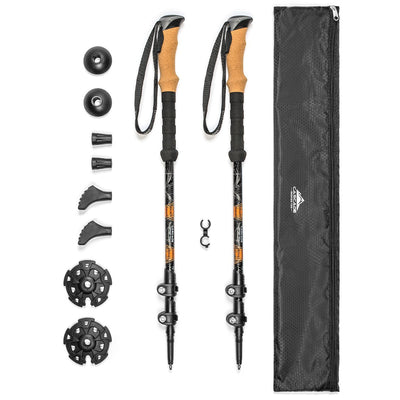
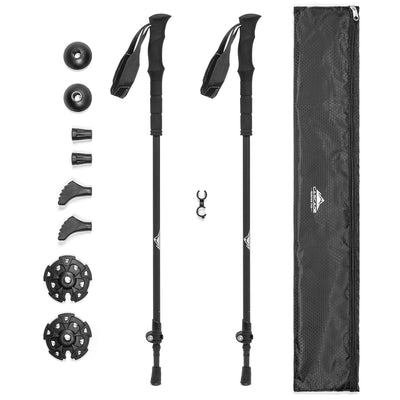

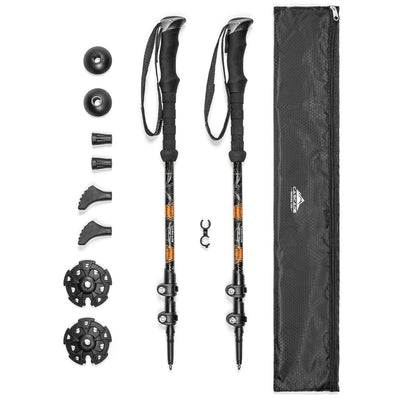
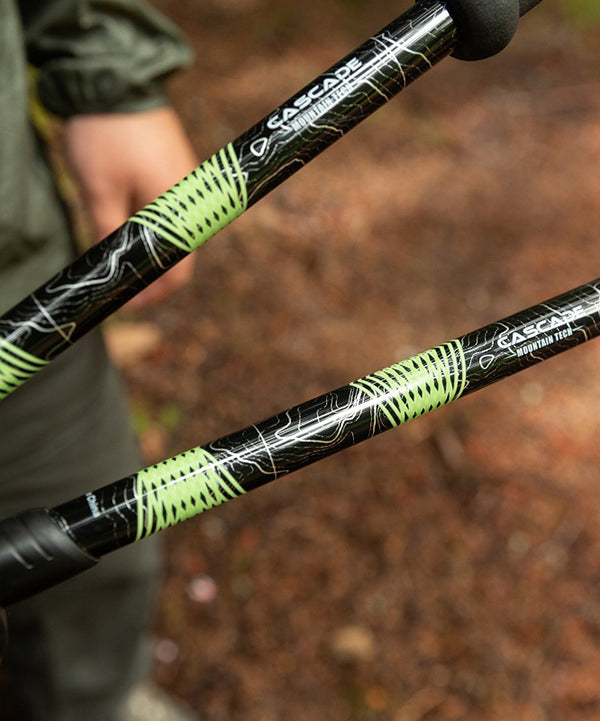
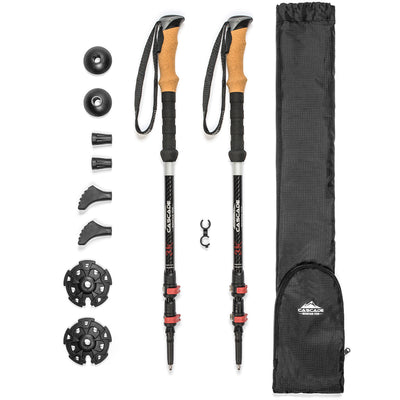
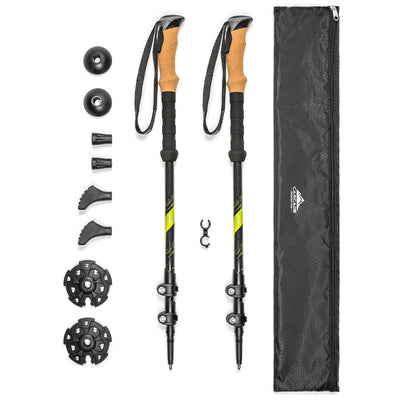
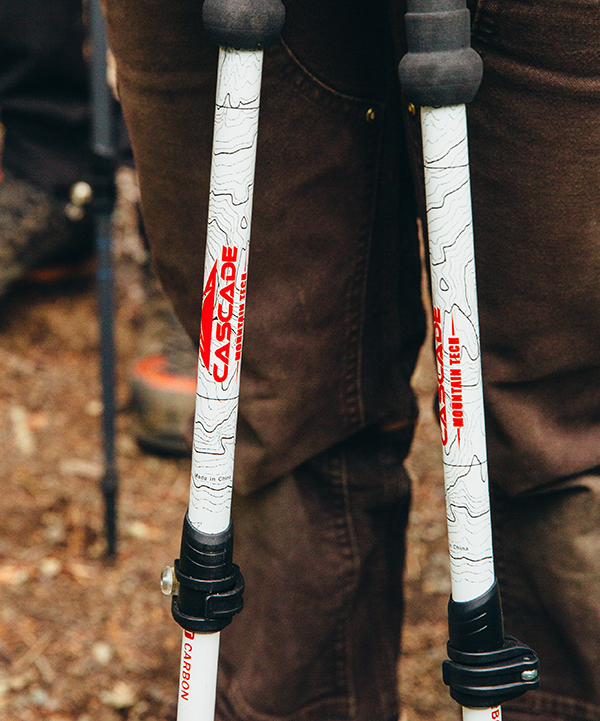
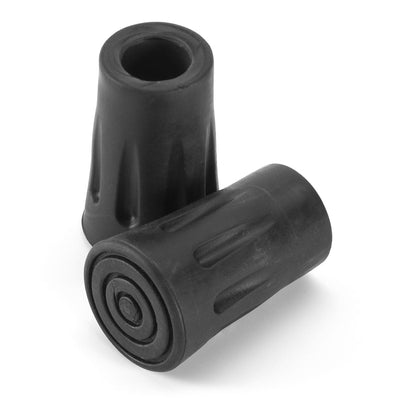
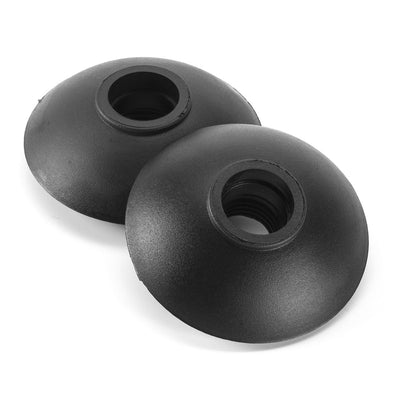
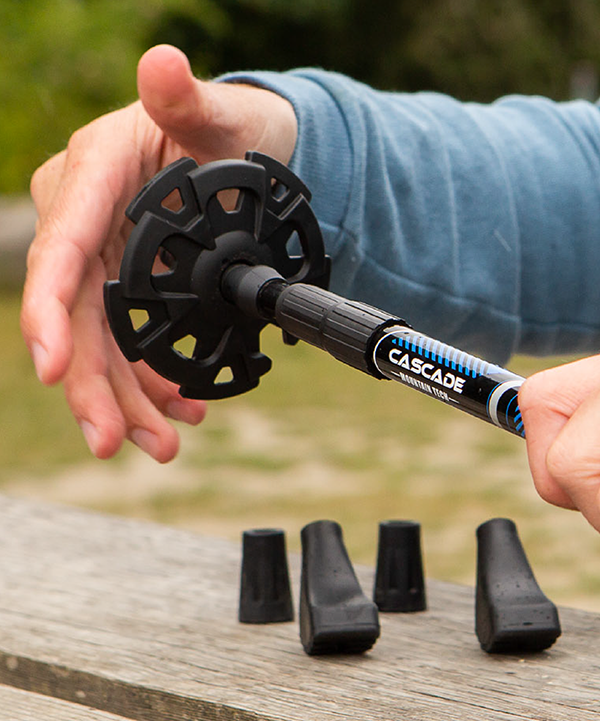
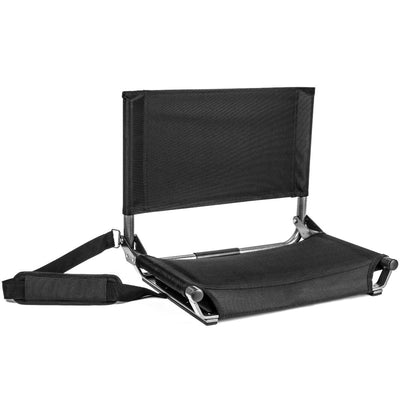
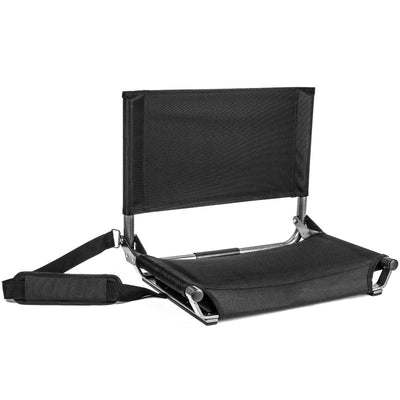



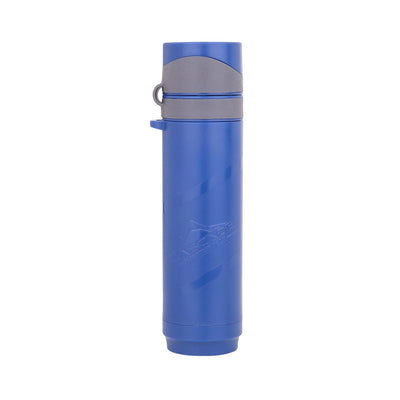
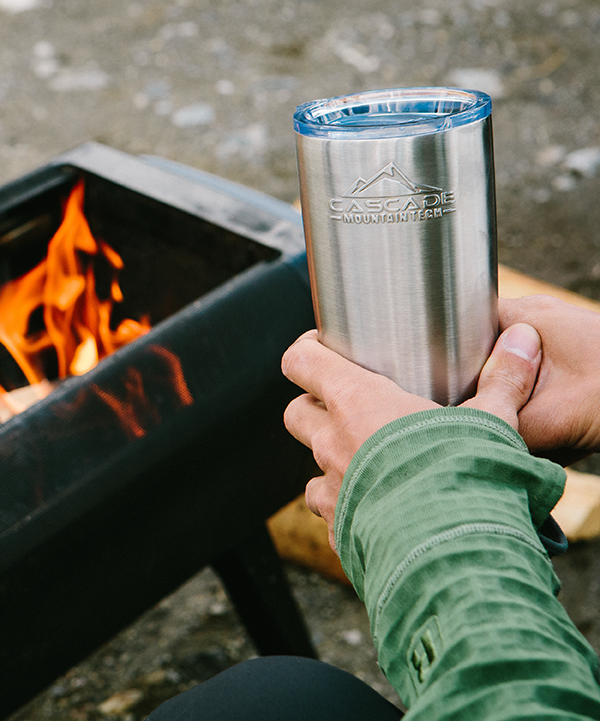
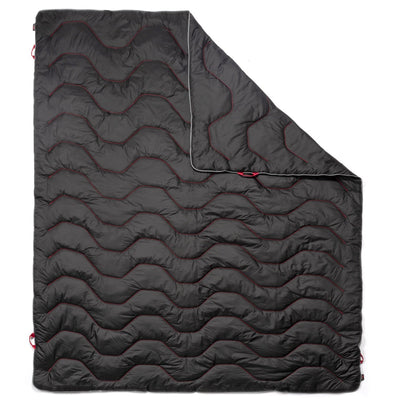


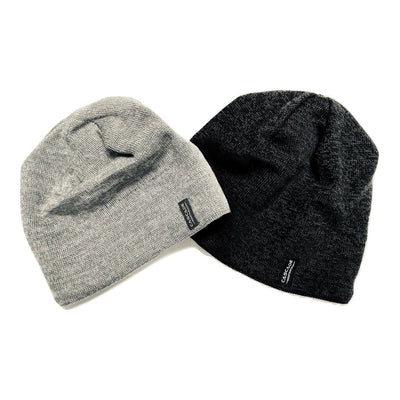




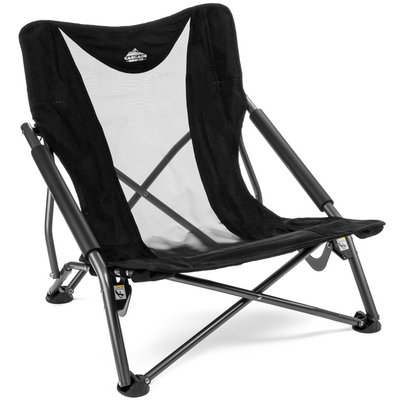
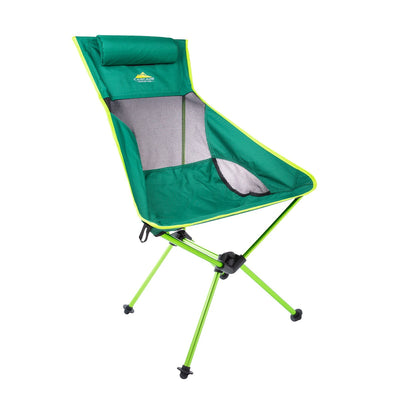

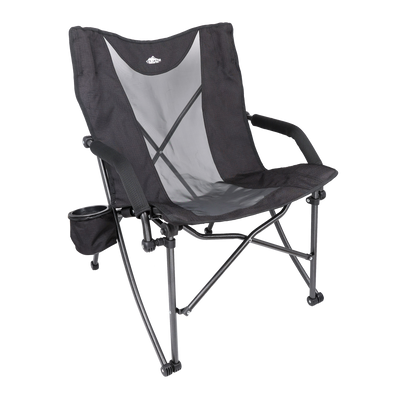

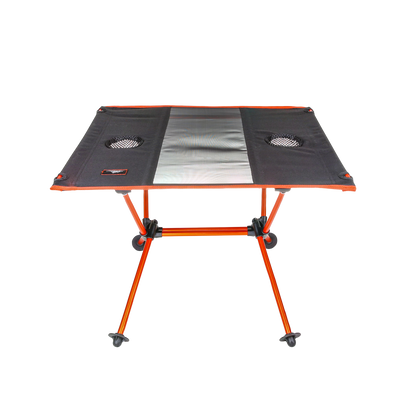


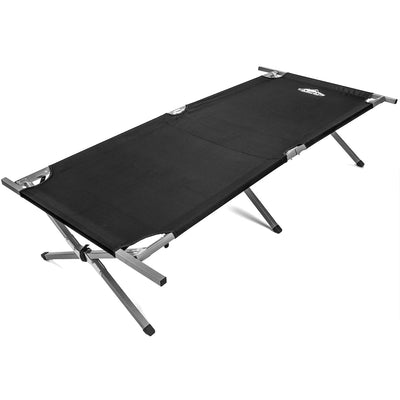





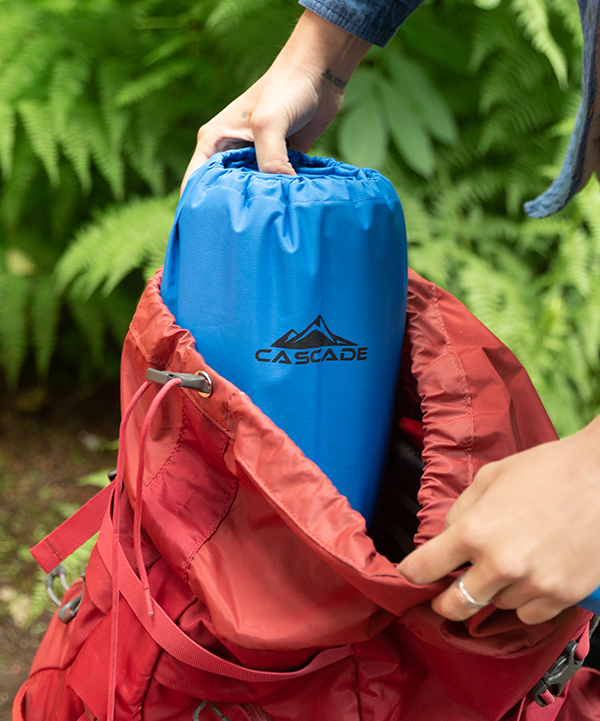
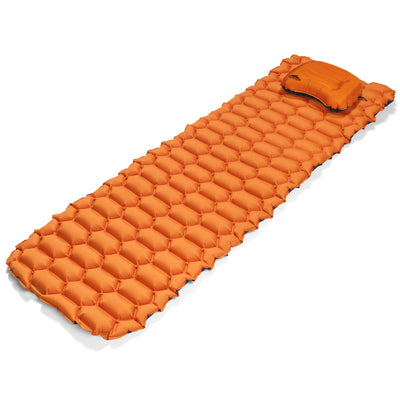
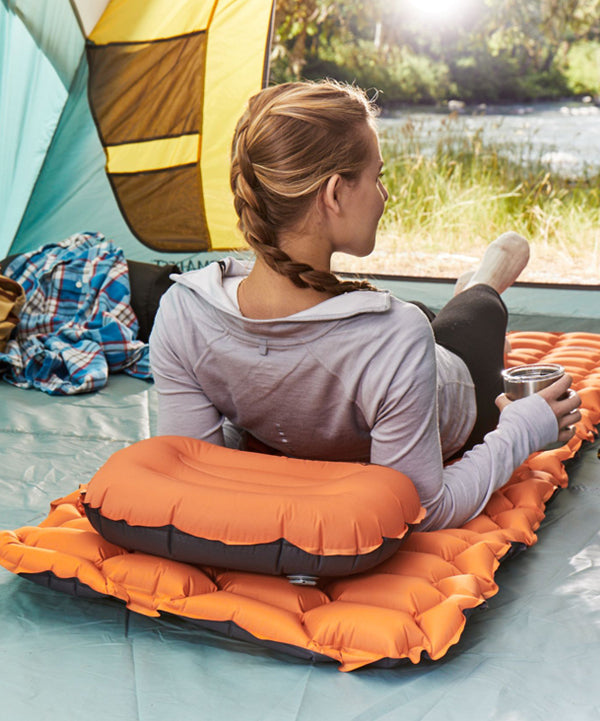
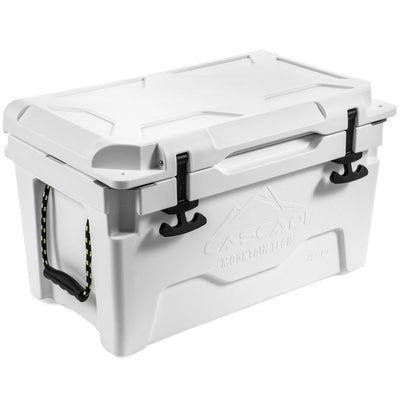
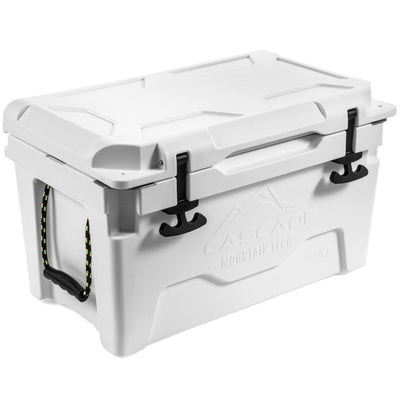



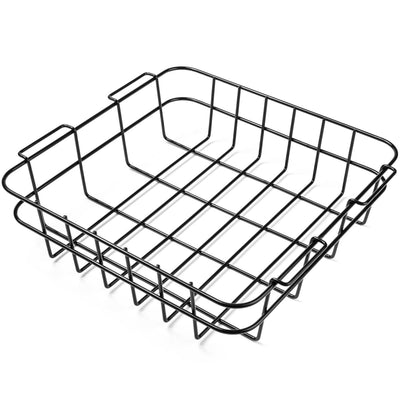

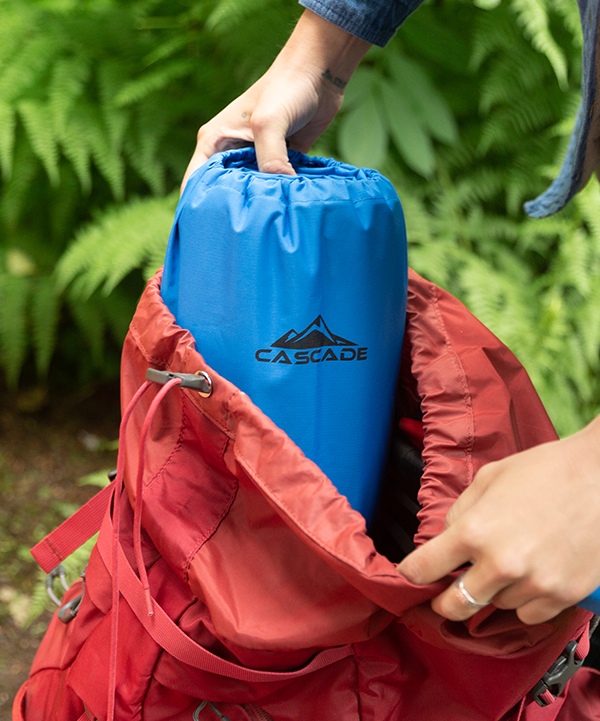

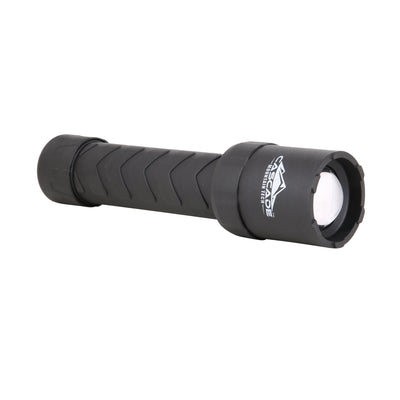
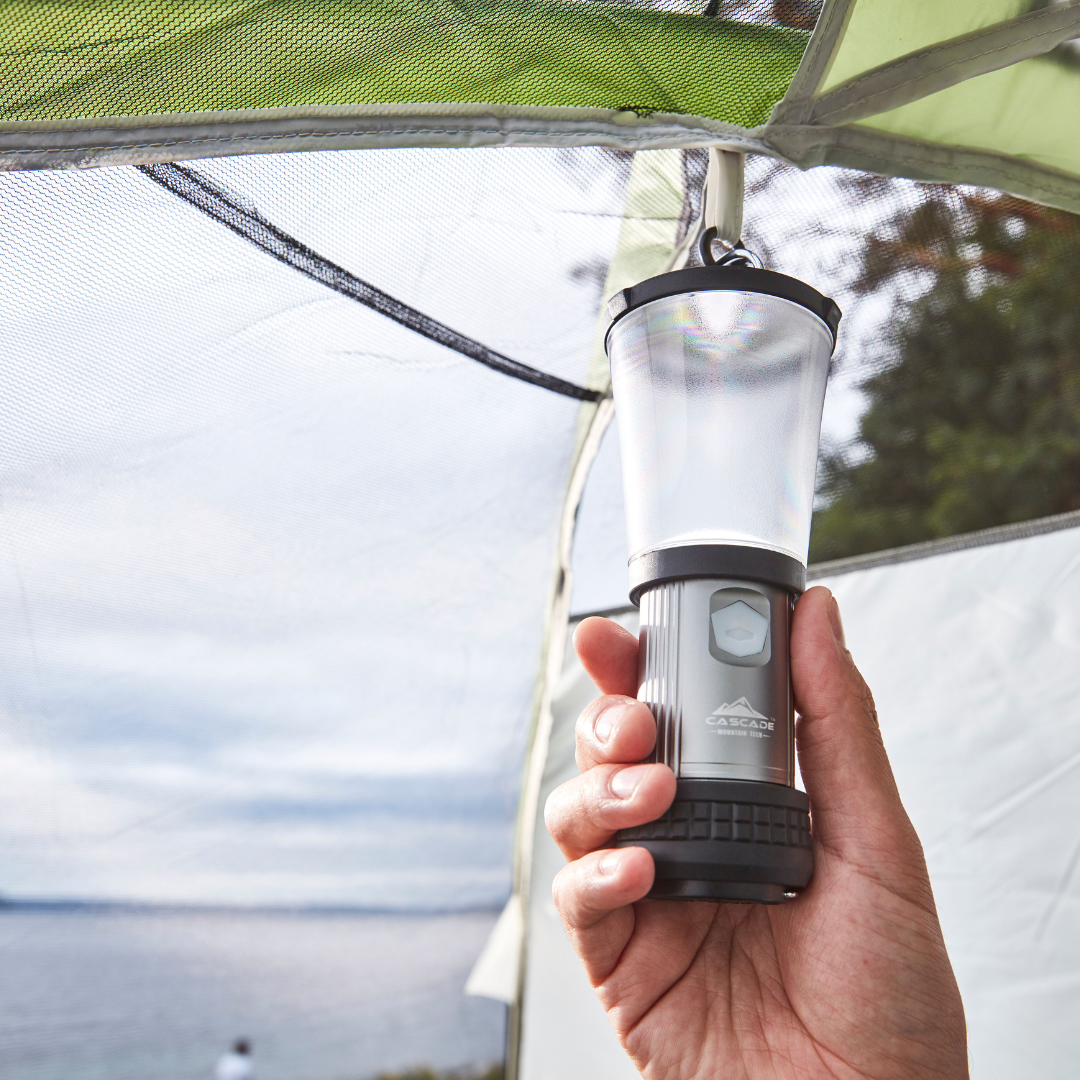
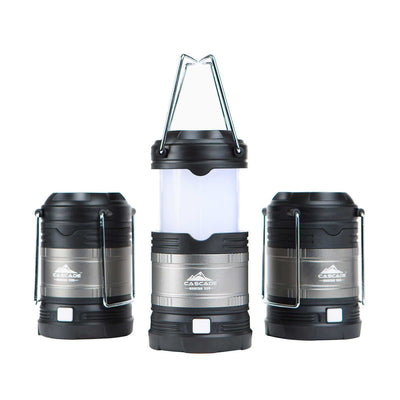
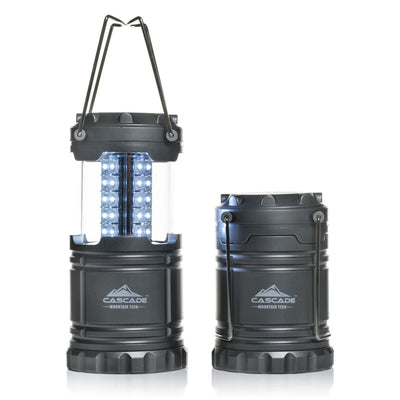
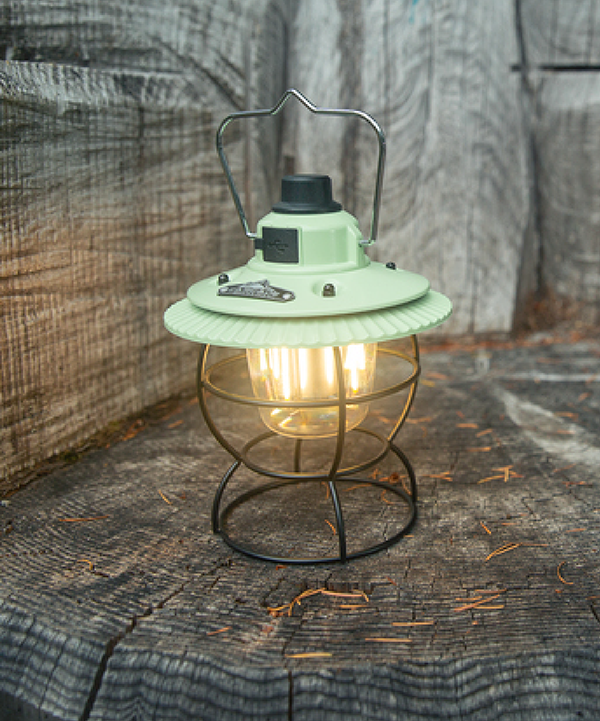
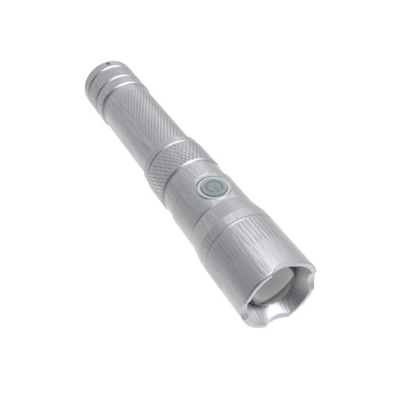
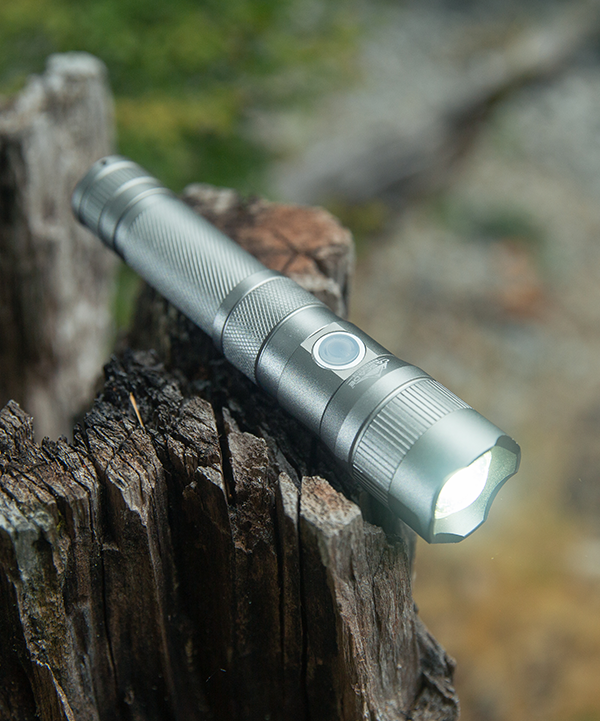
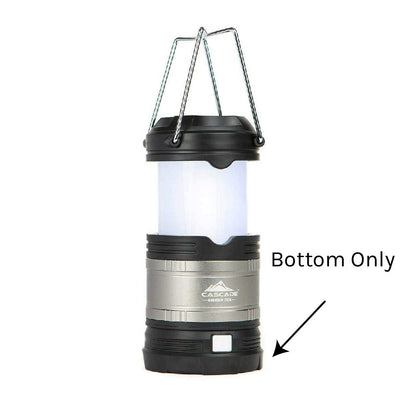

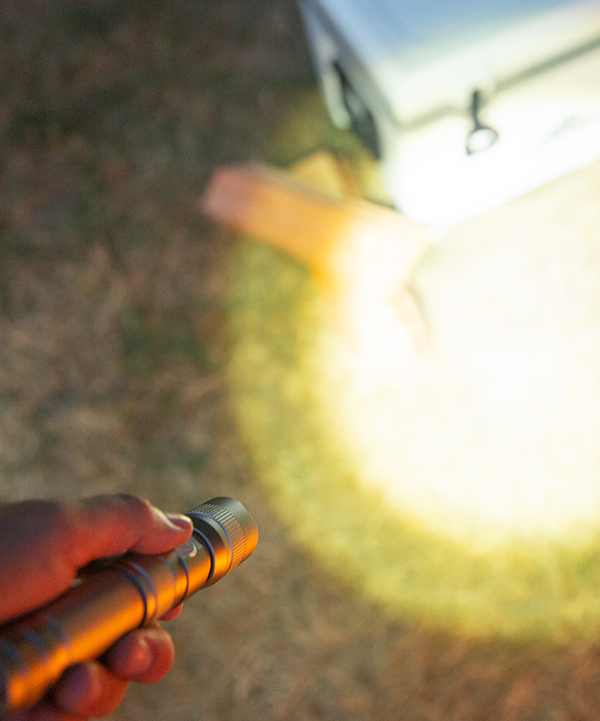
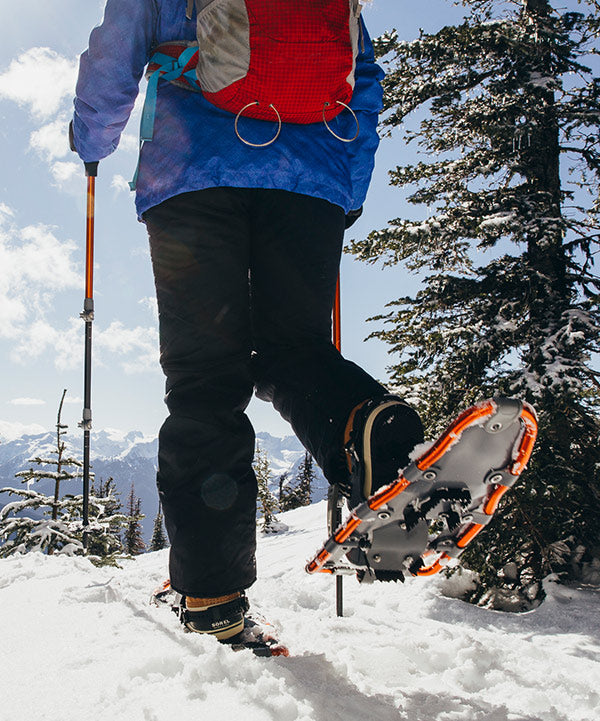
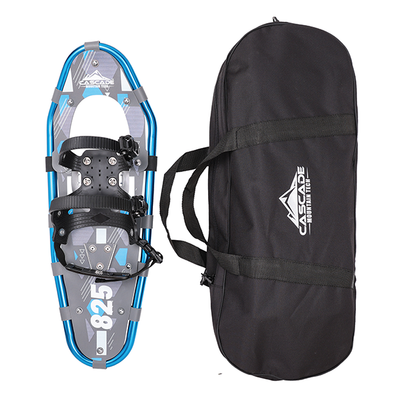
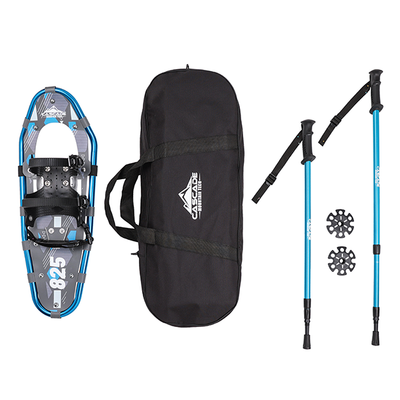


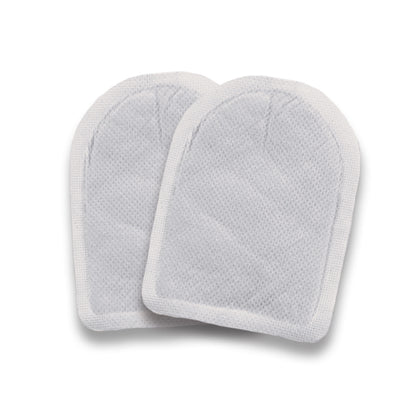

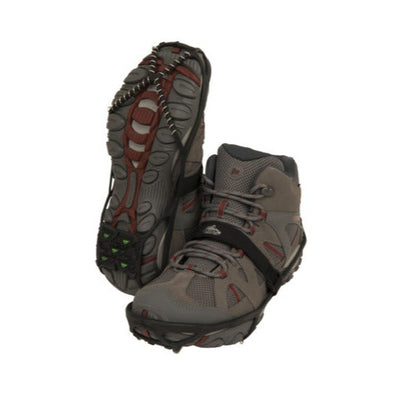
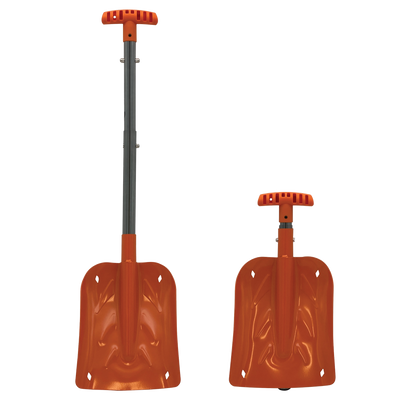
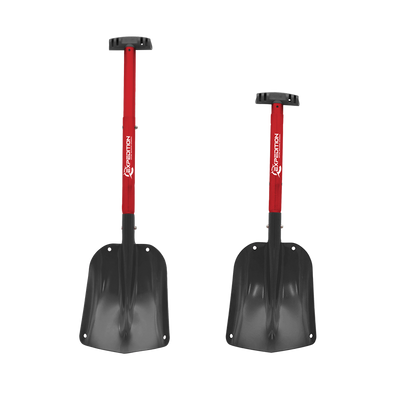
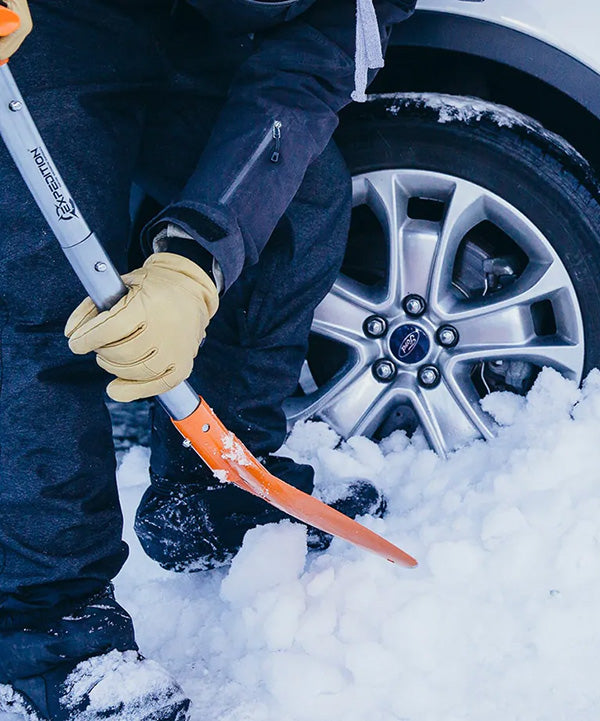
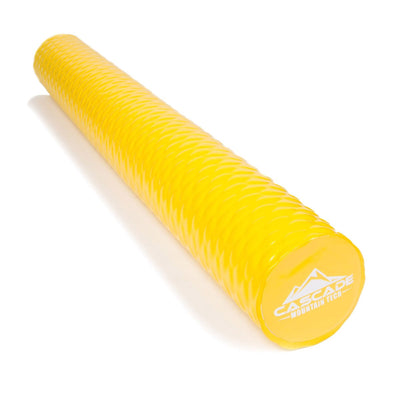

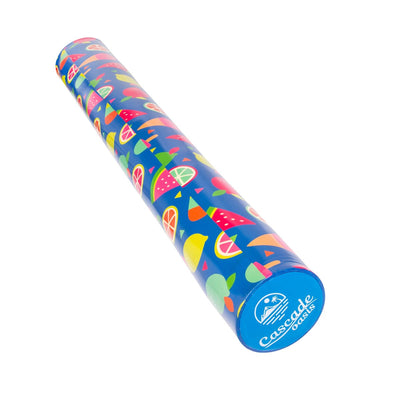















I’m 78 and want to buy trekking poles. I’d use them for walking exercise and trail walking, maybe some light hill climbing. I want them to increase my stability, help me walk longer and faster, and take pressure off of my joints, especially knees. Do you recommend aluminum or carbon fiber? Do you recommend any particular ones?
I bought 3 pair of aluminum poles… For my wife and myself and a spare set (I carry one spare pole). They are used for mountain hiking, backpacking, skiing, and snow shoes. They work great and the price is right.
Awesome post. I experienced this personally. Long-distance hiking on the AT and Long Trail in the northeast means heavy pack and lots of granite boulders to fall on. I broke four carbon fiber poles in 13 months. Cascade’s aluminum poles are best for that.
I’m 78 and want to buy trekking poles. I’d use them for walking exercise and trail walking, maybe some light hill climbing. I want them to increase my stability, help me walk longer and faster, and take pressure off of my joints, especially knees. Do you recommend aluminum or carbon fiber? Do you recommend any particular ones?
Awesome post. I experienced this personally. Long-distance hiking on the AT and Long Trail in the northeast means heavy pack and lots of granite boulders to fall on. I broke four carbon fiber poles in 13 months. Cascade’s aluminum poles are best for that.
Leave a comment